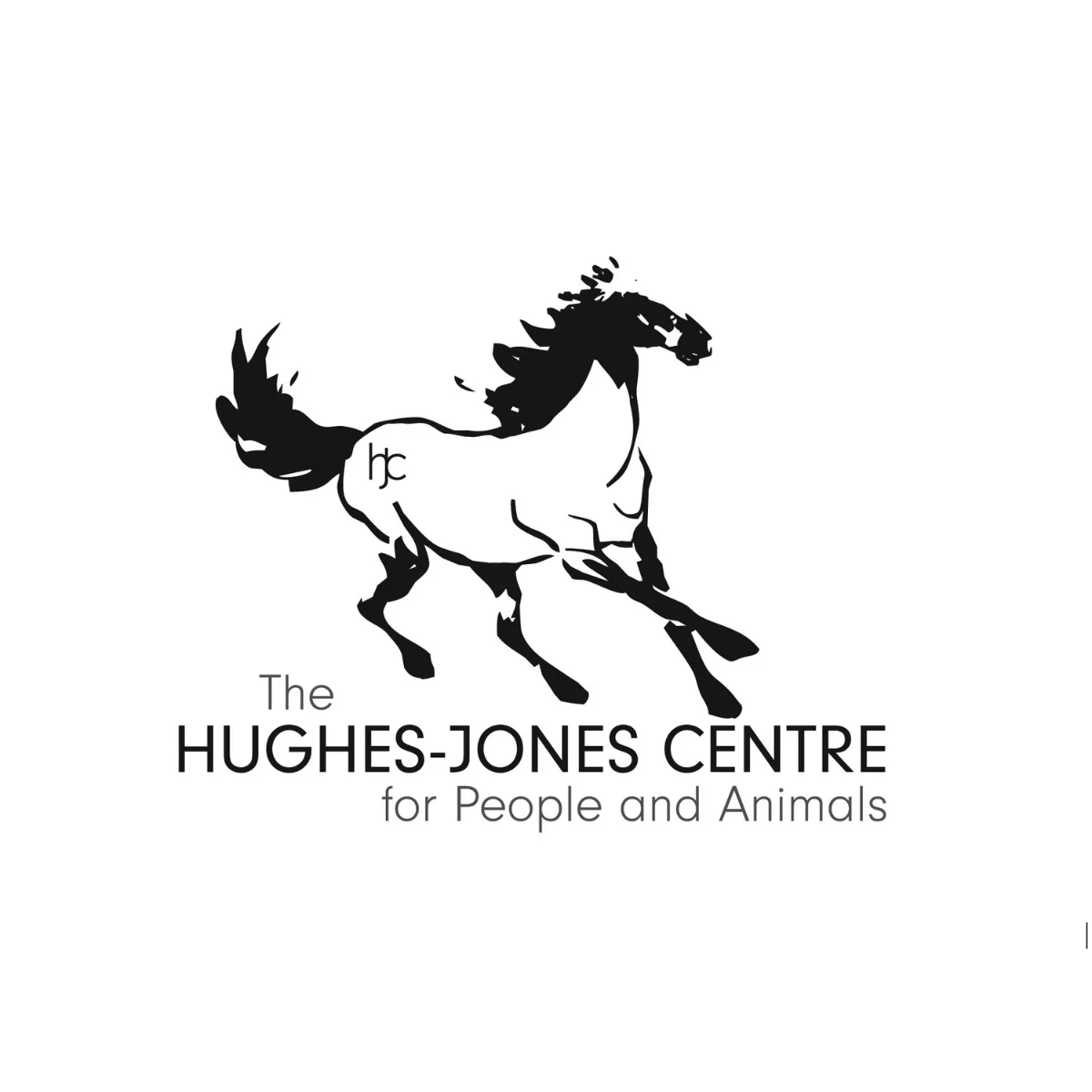They missed the “Ellen” after the Rena but I’m still chuffed with a certificate from the University of Oxford!
A few years ago I had the opportunity to attend the Women Transforming Leadership Programme at The Said School of Business at Oxford University.
On the first day walking into the main lecture theatre, I was struggling with insecurities. What business did I have being at Oxford? What was I thinking I could accomplish? All they’ll see is a horse girl from back water Canada. Isn’t that all I am? It was paralyzing.
We were in a lecture theatre that reminded me of the UN, a multi-tiered circular room with light wood paneling and leather chairs for the attendees, the presenters stood at the centre beneath us. The building was new and architecturally impressive and getting into that lecture theatre involved walking up glass lined stairways and through atriums that ramped up my imposter feelings.
When I found my seat I was shocked that each of our labelled stations had microphones ensuring we could be heard no matter what - almost as though our voices mattered…at Oxford… that couldn’t be right, could it?
Looking around the room I found myself sitting amongst over 50 women from numerous countries, spanning countless industries and expertise, all gathered at a prestigious university to dive into our own leadership development. My feelings of inadequacy deepened, I was definitely not in the “horse girl” room.
The program director took the floor and began with what should have been a relatively simple question given the program we were attending: who here is a leader?
No one raised their hand.
Cardio-thoracic surgeons, judges, military officers, Google employees, leaders of NGO’s and so many others were all looking around the room at each other, not raising our hands.
Objectively, we all knew we were leaders. We applied for and were accepted to a program with leadership in the title. Many of us had jobs with leader in the the title and still hands were not raised. We paid for and travelled to a prestigious school to develop our leadership - we knew we were leaders so what was holding us back from raising our hands and claiming the title?
What is it about the title leader that holds women back from claiming it as a part of our identity?
This moment at Oxford changed my life. In that moment I went from feeling inadequate and less than to being surrounded by peers. We all harboured the same insecurities. We were all in the same storm. I had amazing company in my insecurity boat and to be honest, it really pissed me off. What was wrong with us?! Amazing women every single one of us - allowing our insecurities to get in the way of embracing our leadership.
The work I have done with young girls building leadership skills cannot exist without more women (myself included) unapologetically and definitively proclaiming themselves leaders.
Who will model leadership for young women if we aren’t? How will the leadership gap close if we are not the ones closing it? How will young girls see more leaders who embody styles of leadership they can relate to, if we aren’t modelling them?
We were all leaders in that room and by the end of the first day we were all claiming our leadership title and our place at Oxford. It didn’t feel wrong any more, it felt like the truth. The title of leader already belonged to us, it was on us to accept and embrace it.
I left that program with a renewed sense of purpose for my programming for women at HJC and I want you to feel as empowered as I did in that room at Oxford. I want you to see yourself as a leader so that a little girl somewhere can see you as a leader too. The ripple that change will cast in the world is one of unimaginable beauty.
Lead on!



